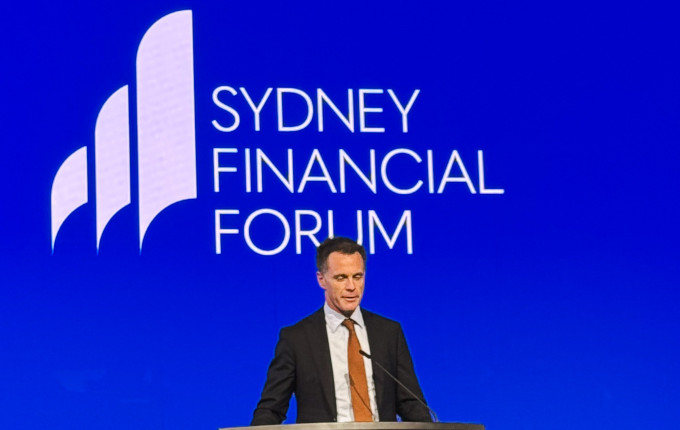Global markets continue to experience distortions as a result of interventionist monetary policies of the major central banks. Investors’ portfolios inevitably experience the consequences, with correlations and asset class returns less stable and unpredictable.
New vs old normal
In a recent [i3] survey of investor sentiments, geopolitical risk has overtaken market volatility as the dominant risk concern, although it remains difficult to quantify and integrate. While there is no shortage of major global political events, eg Trump election, European politics, Middle East conflicts, equity market valuations continue to surge. Despite the bleak macro outlook, one wonders if there are any direct implications for the financial markets.
Is the ‘old normal’ in financial markets likely to supercede ‘lower for longer’? Or should we realistically expect ‘lower for-ever’?
The basic asset allocation tenet of bonds vs equities vs cash is seen as somewhat naïve. While there is consensus that the static 60/40/10 balanced portfolio has significant flaws, the jury is out in terms of suitable alternative models. In the new world of zero bound and negative interest rates, diversification is probably still the only free lunch, but proper implementation may look counter-intuitive.
Passive is the new active?
In this scenario, the aged-old ‘active versus passive’ debate has been reignited in a different iteration. As diversification using risk factors gain increasing acceptance as additional levers for portfolio construction, the plethora of quantitative strategies eg smart beta, factor investing and alternative risk premia have crowded the market. While the emergence of such quasi-passive strategies enhances investors’ toolkit, the challenge ahead relates to how they blend into existing legacy portfolios.
Is there still a role for active managers? This contentious question is perhaps too myopic as investors should consider the fees and value-for-money proposition in the context of the fund’s governance, strategy and capabilities.
Considering the alternatives
Beyond the public markets, investors will need to consider the role of alternatives and unlisted assets, though managing the fee and illiquidity constraints is a different challenge. With appropriate governance structures and expertise, the institutional investor has a distinct competitive advantage of being a patient employer of long-term capital in the unlisted markets.
Becoming resilient
The fifth annual [i3] Global Investment Strategy Forum endeavours to focus on investment decision-making, diversification and portfolio risk management, and how these can contribute to a more resilient portfolio for the institutional investor.
As before, it will showcase global investor case studies, to further amplify the practical aspects of investments.
Enquire about this event




![__________ [i3] Insights is the official educational bulletin of the Investment Innovation Institute [i3]. It covers major trends and innovations in institutional investing, providing independent and thought-provoking content about pension funds, insurance companies and sovereign wealth funds across the globe.](https://i3-invest.com/wp-content/uploads/2025/06/Charles-Wu_State-Super_680_2025.jpg)